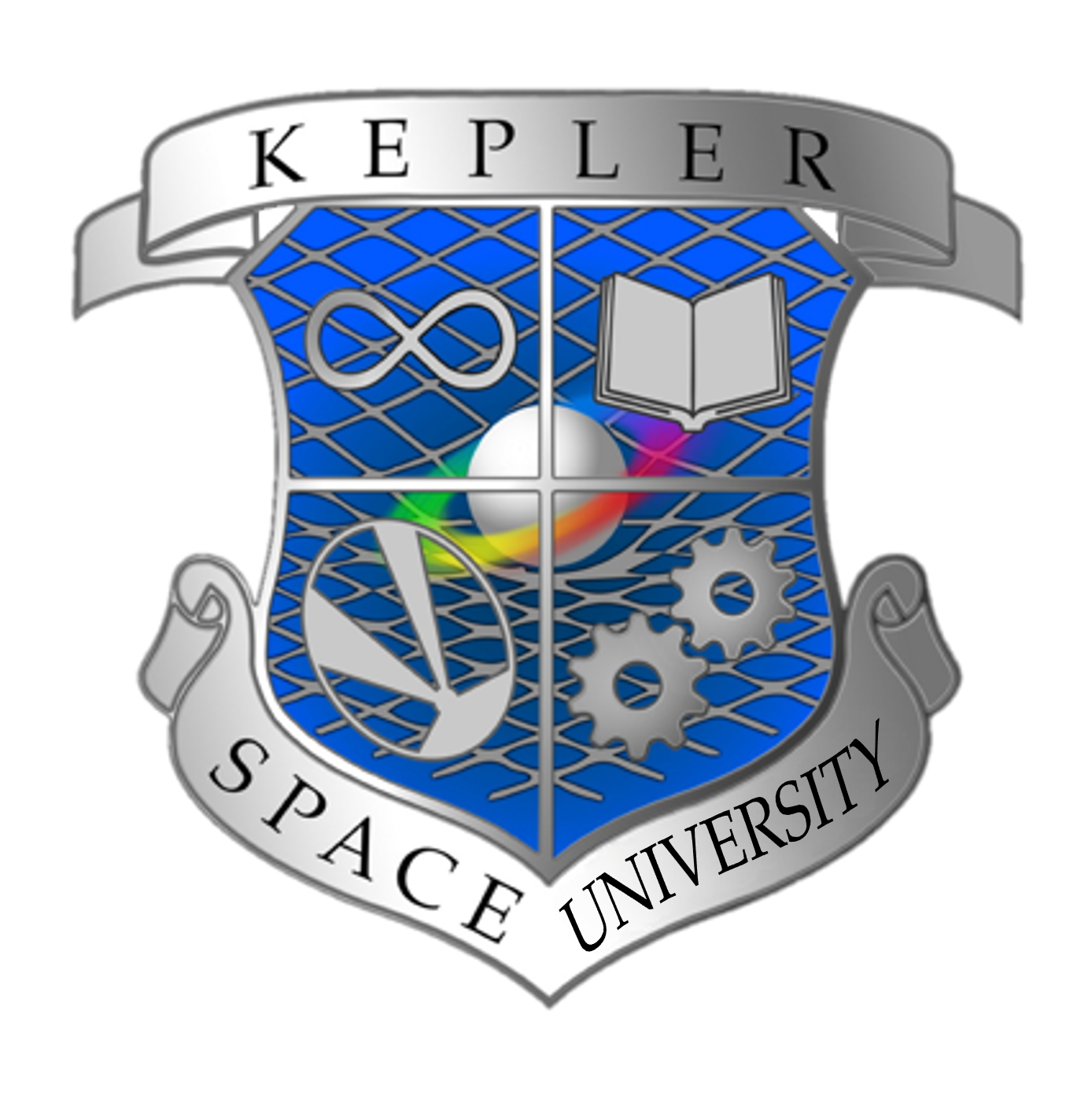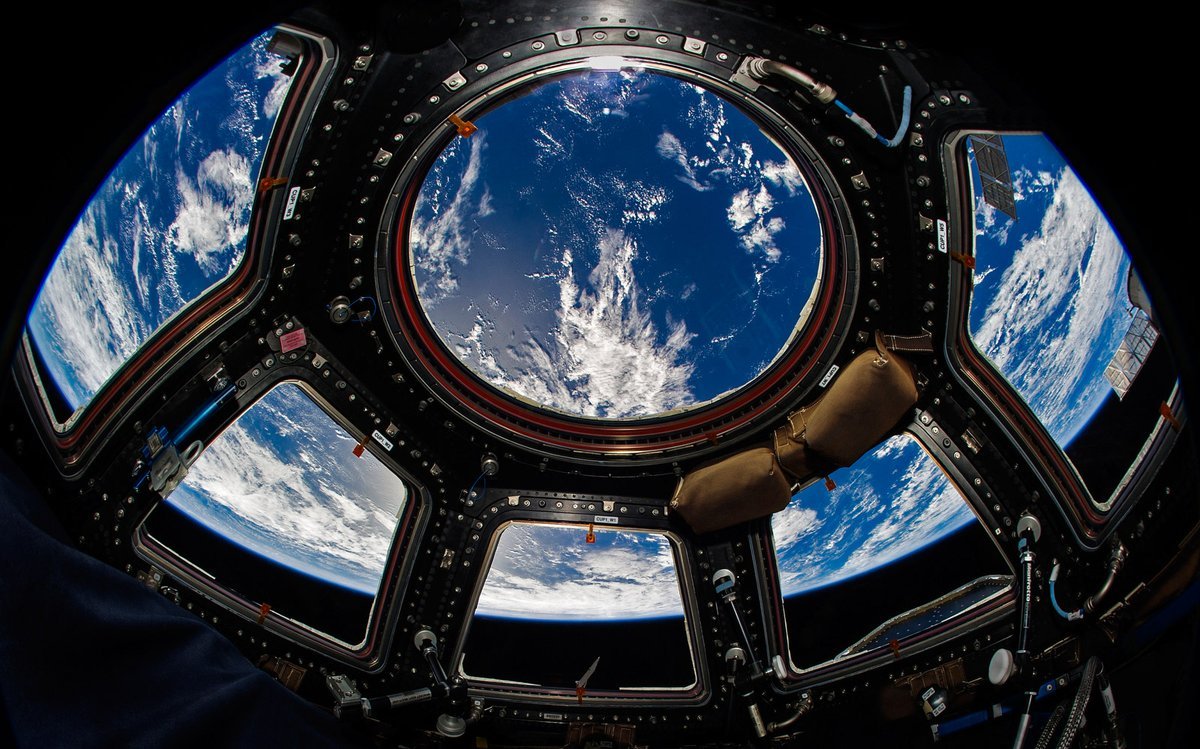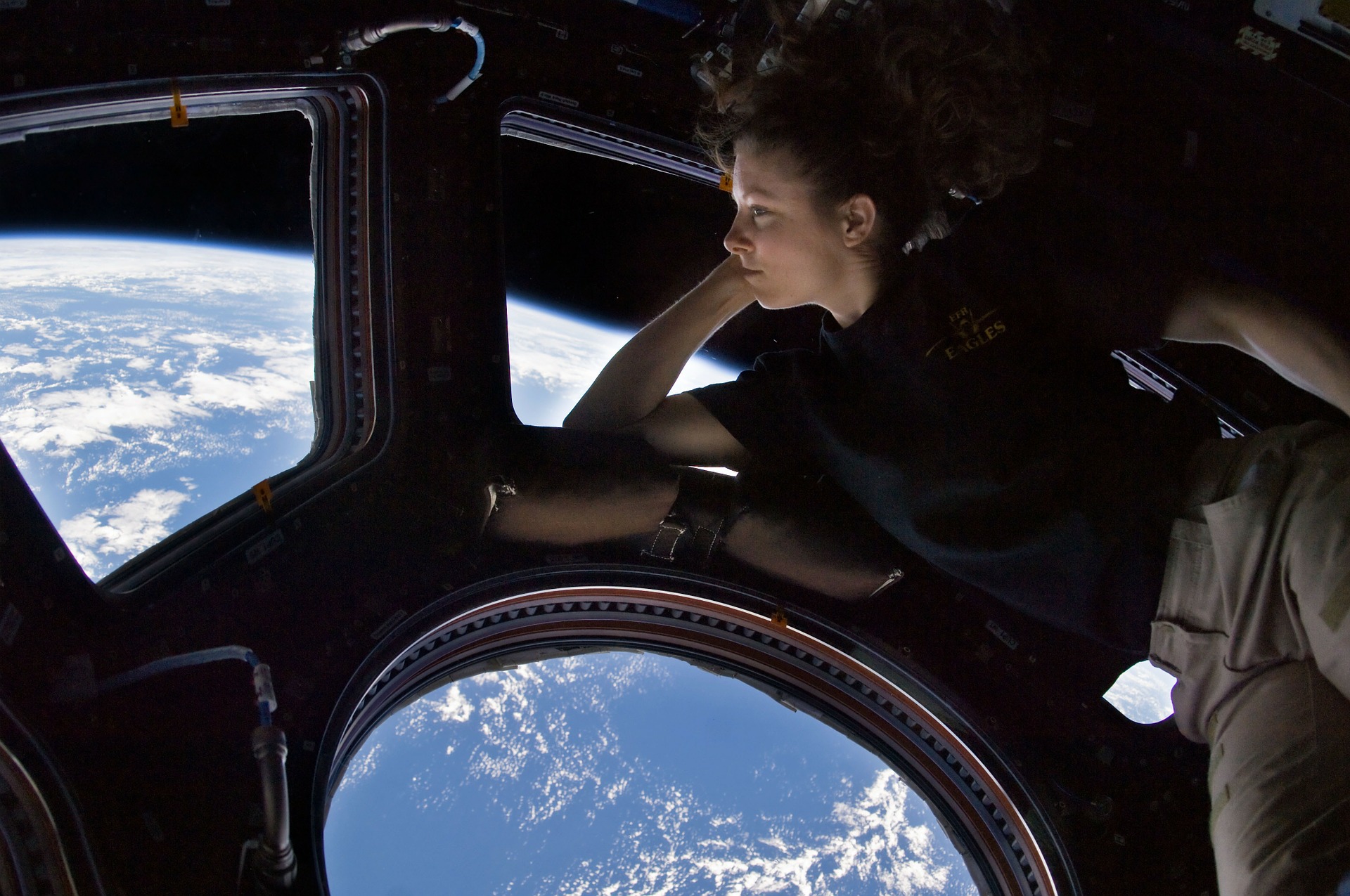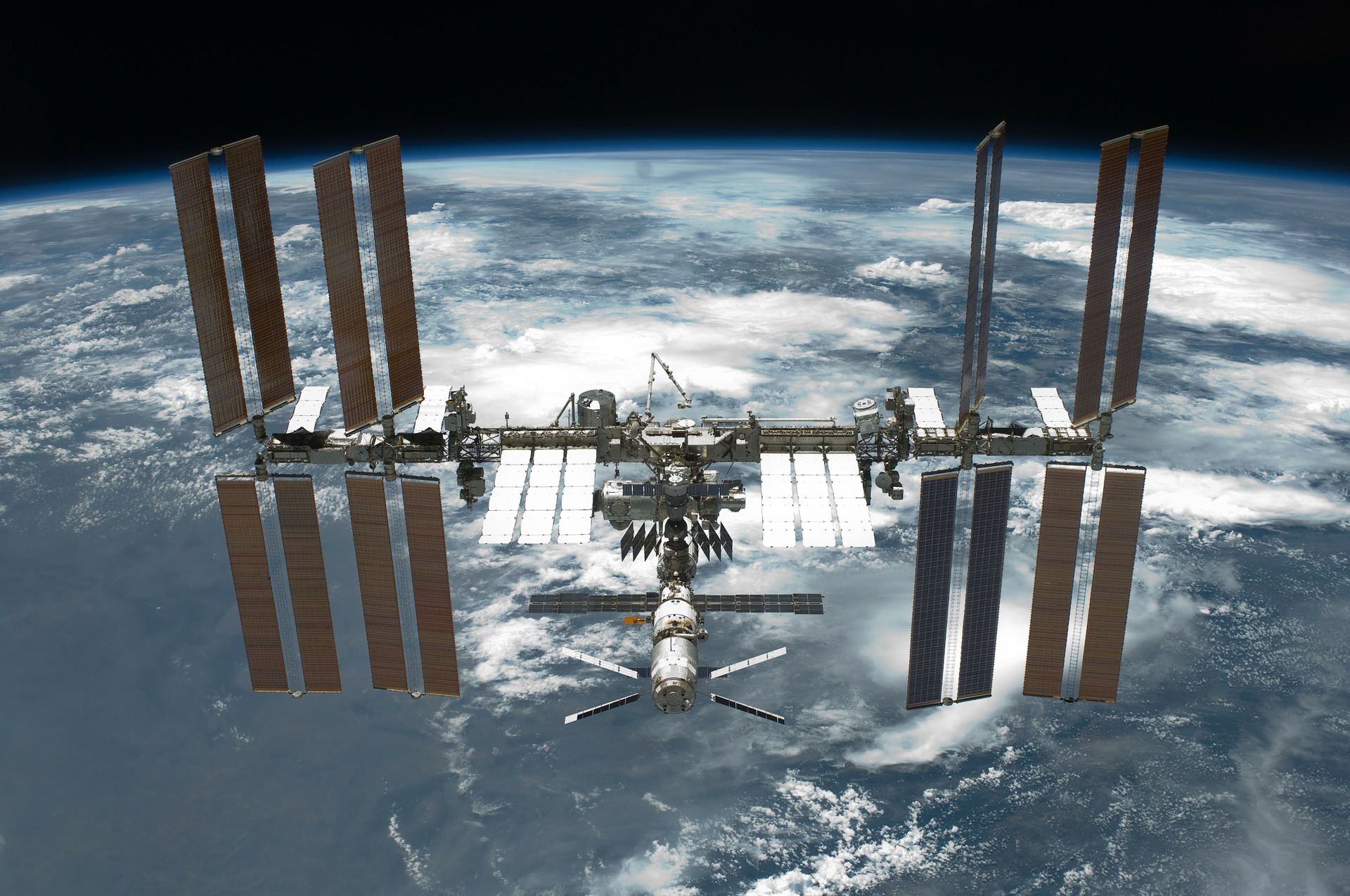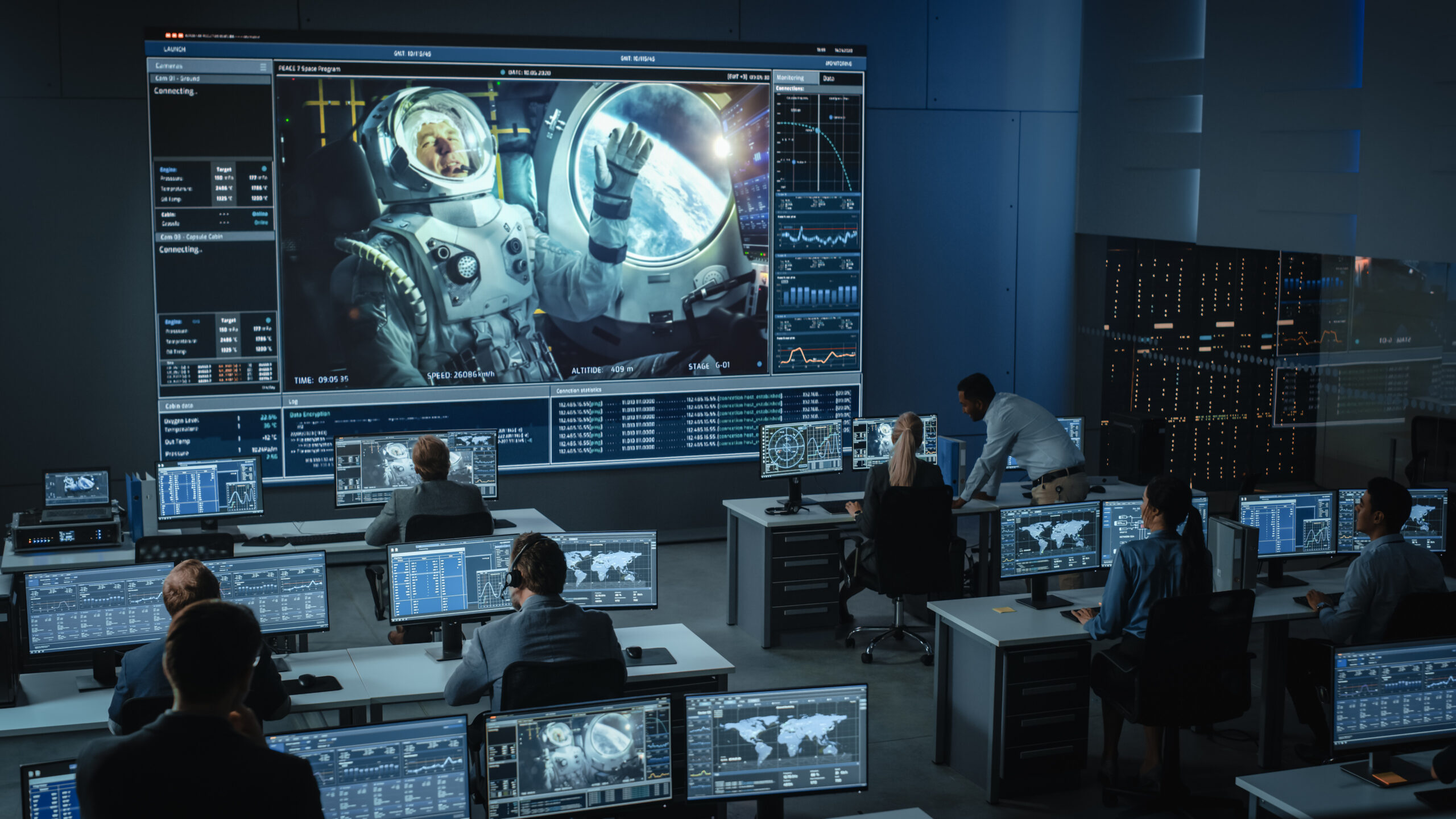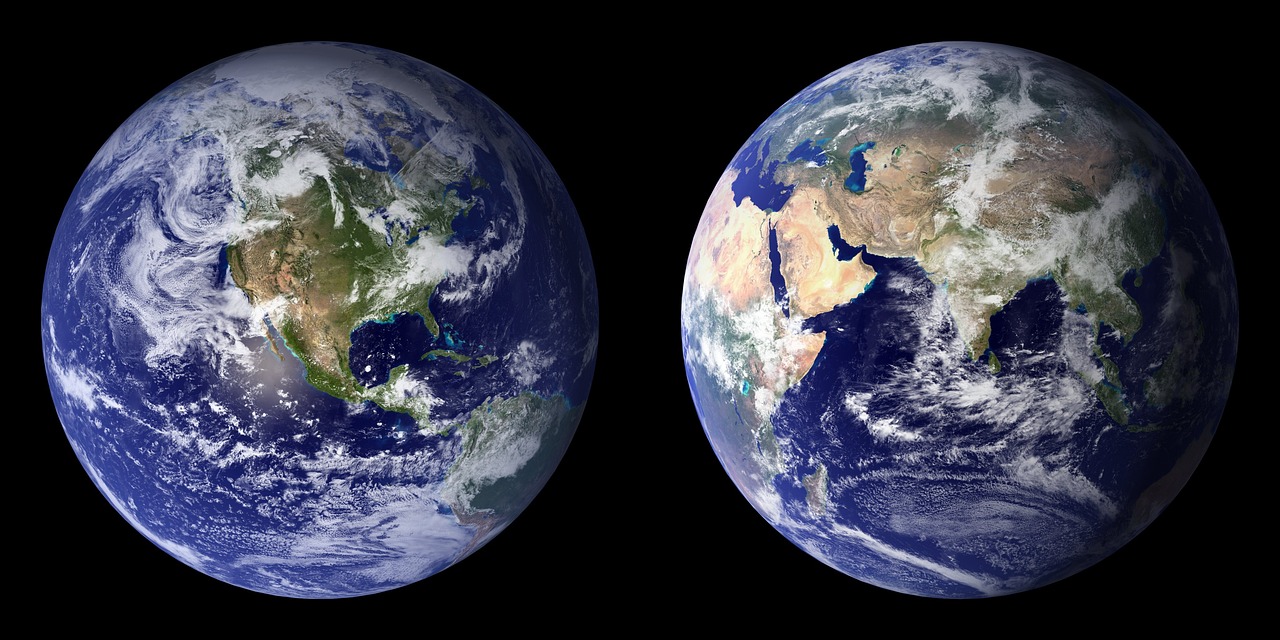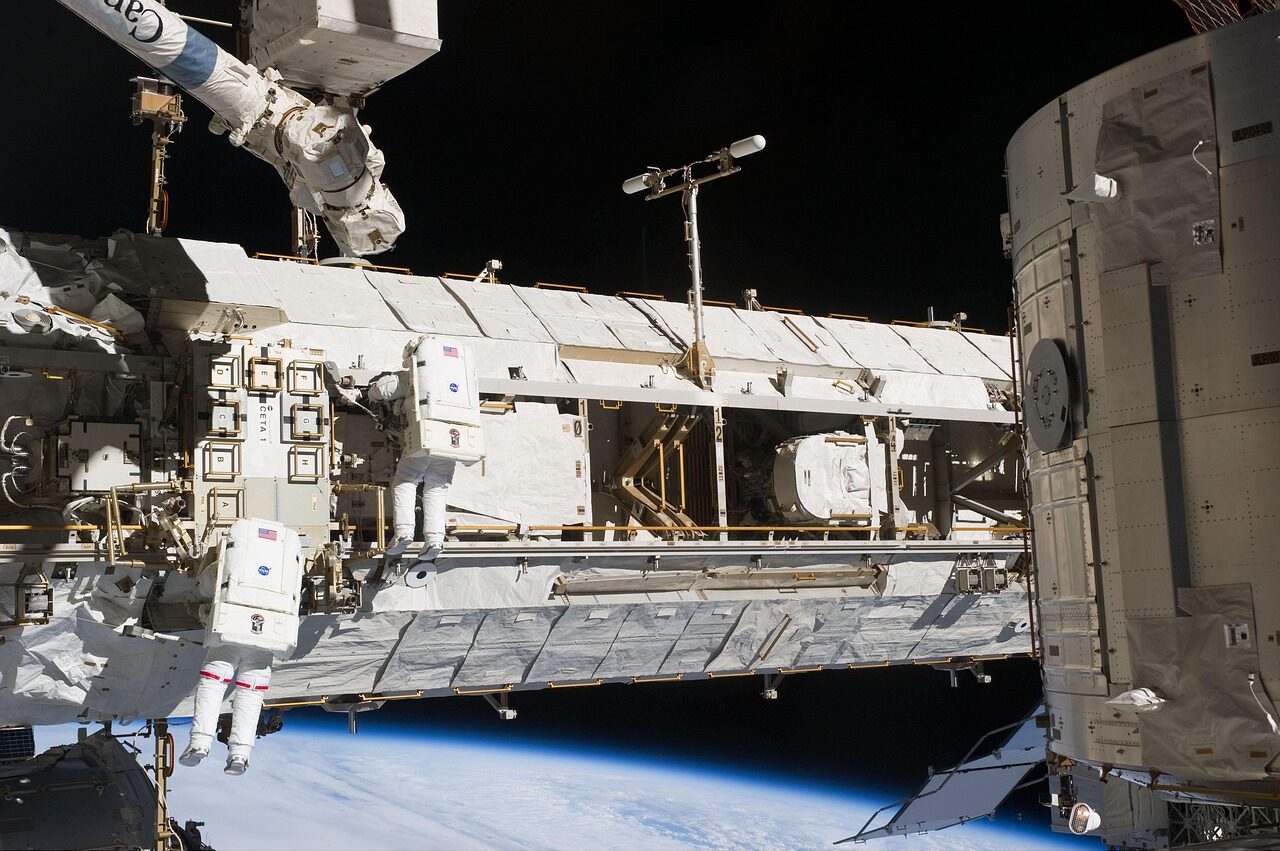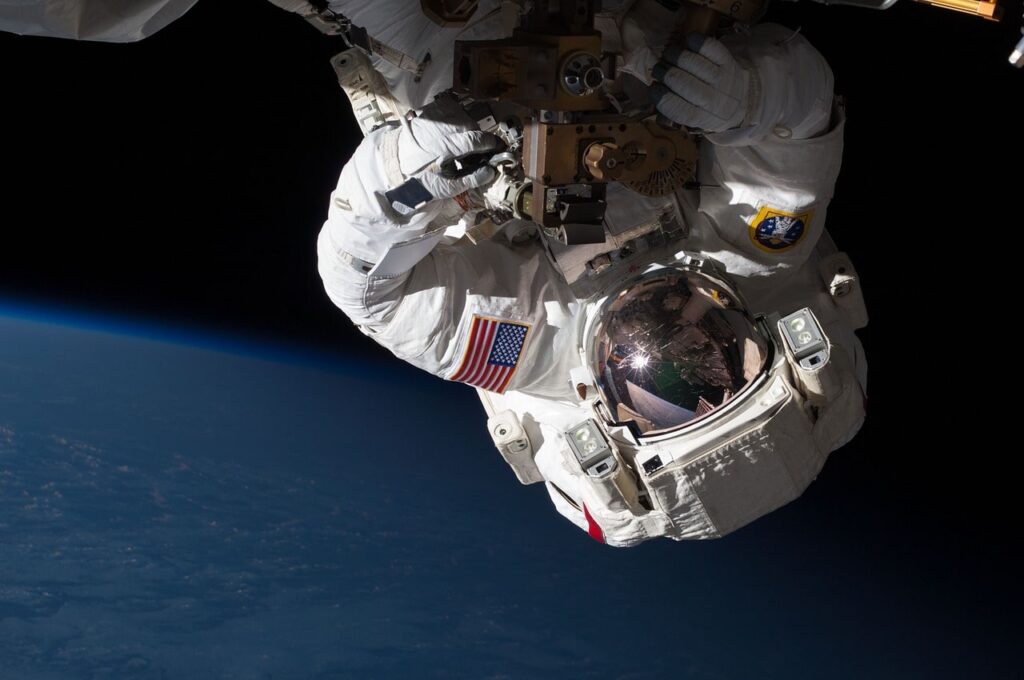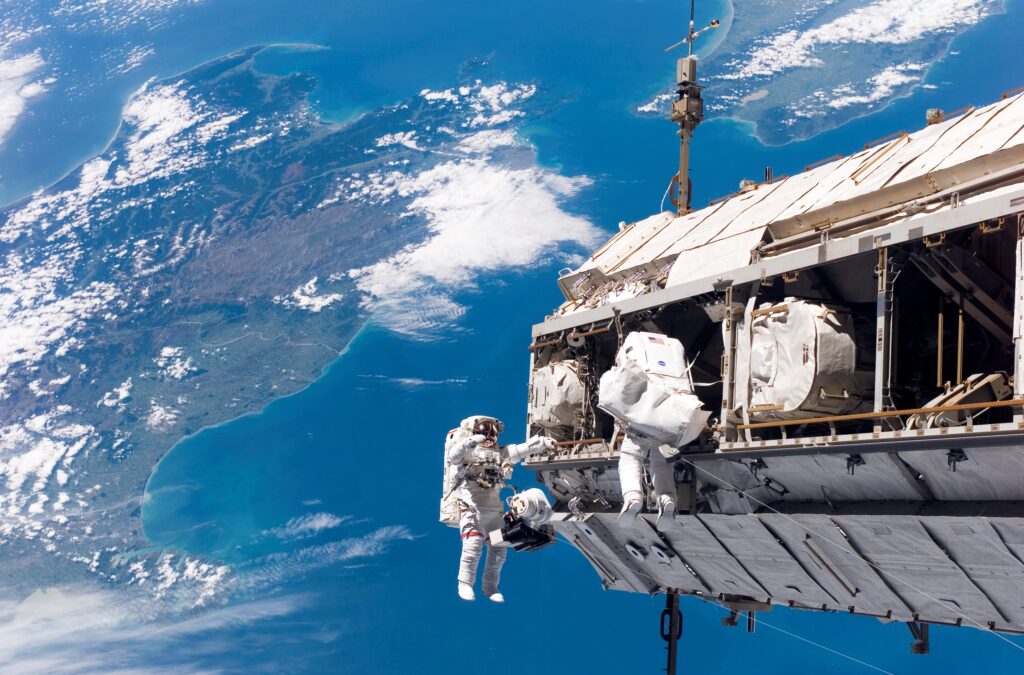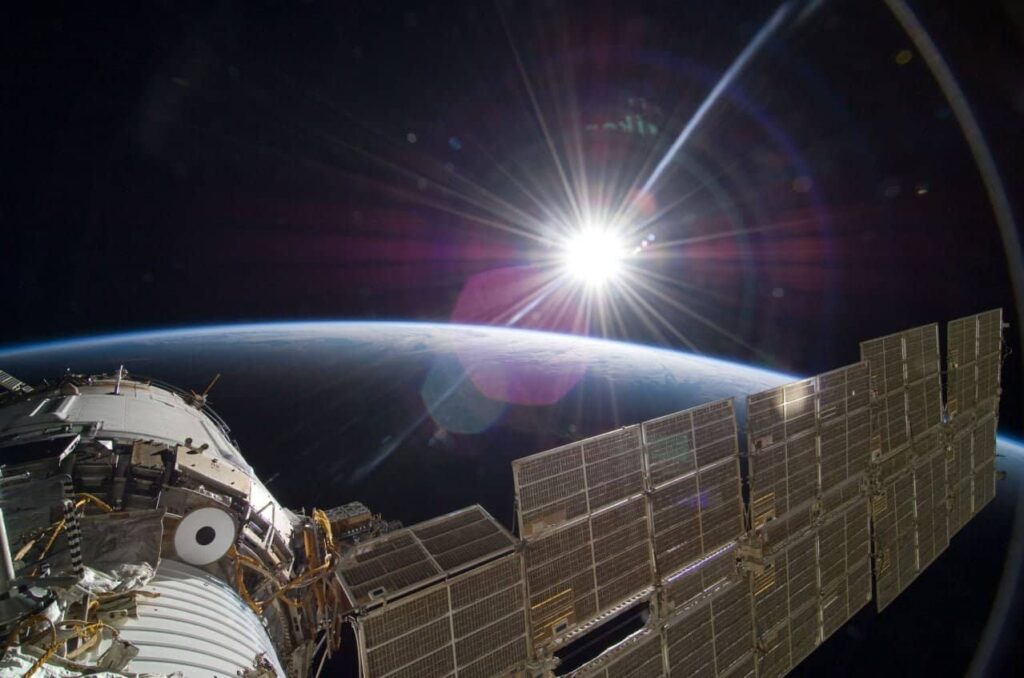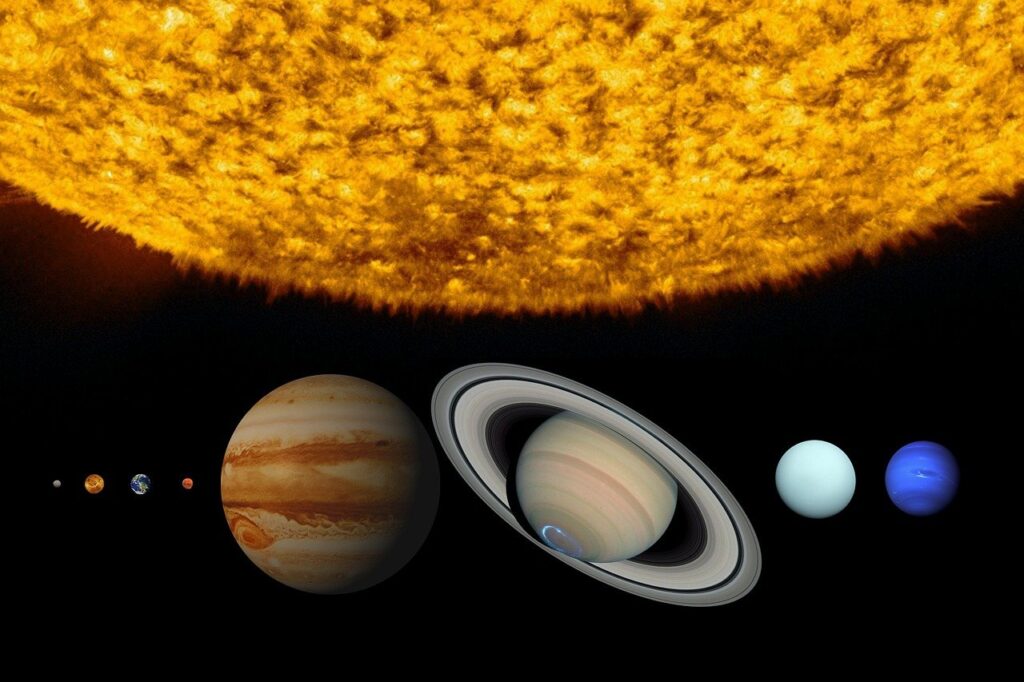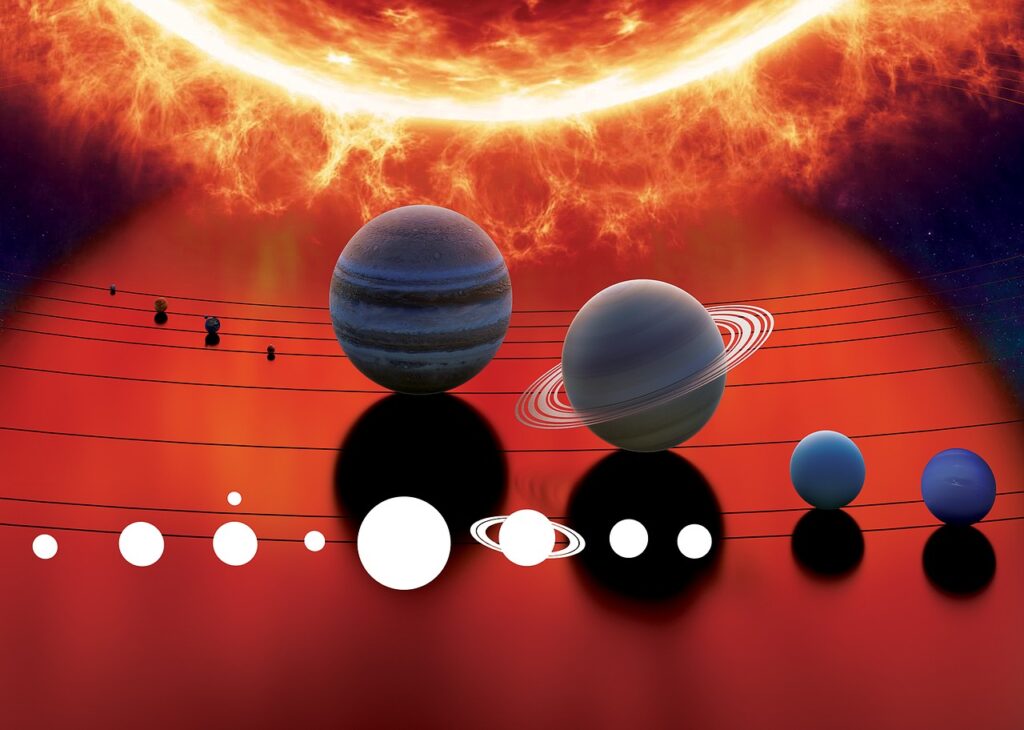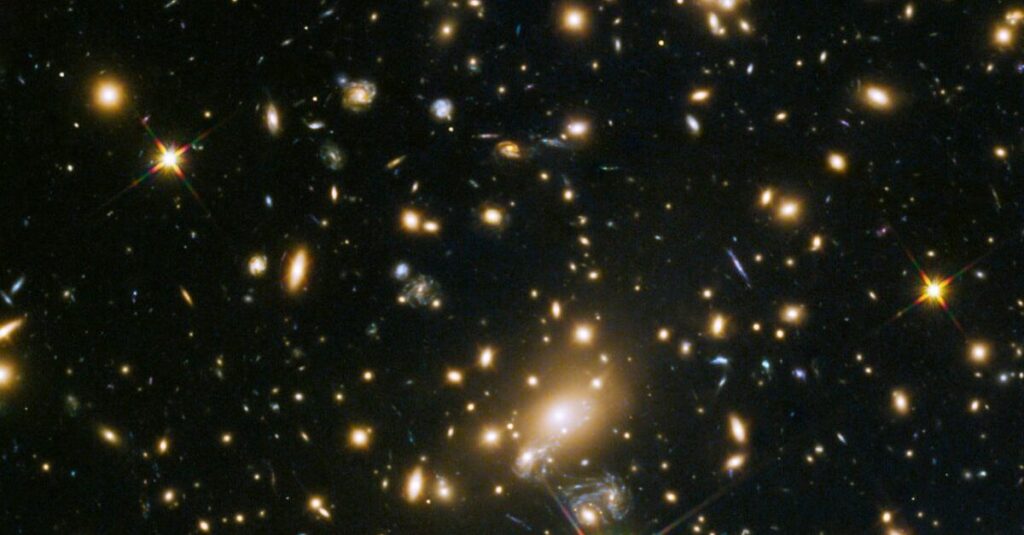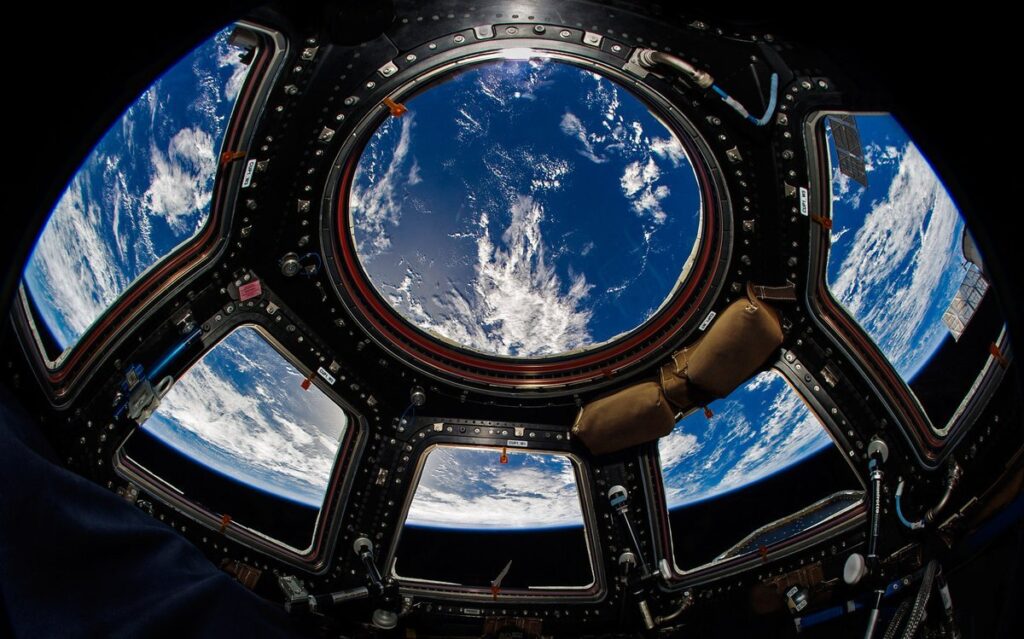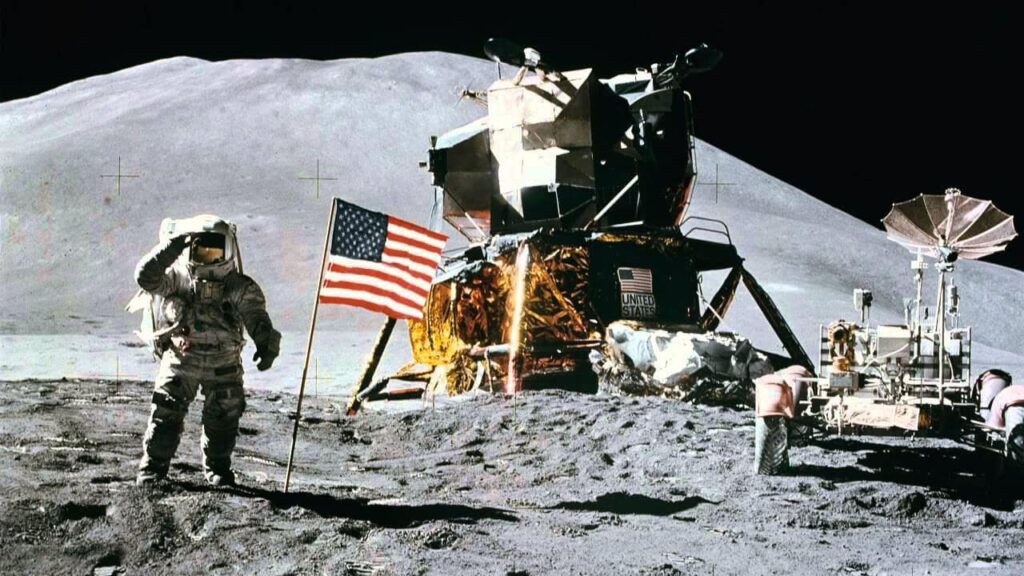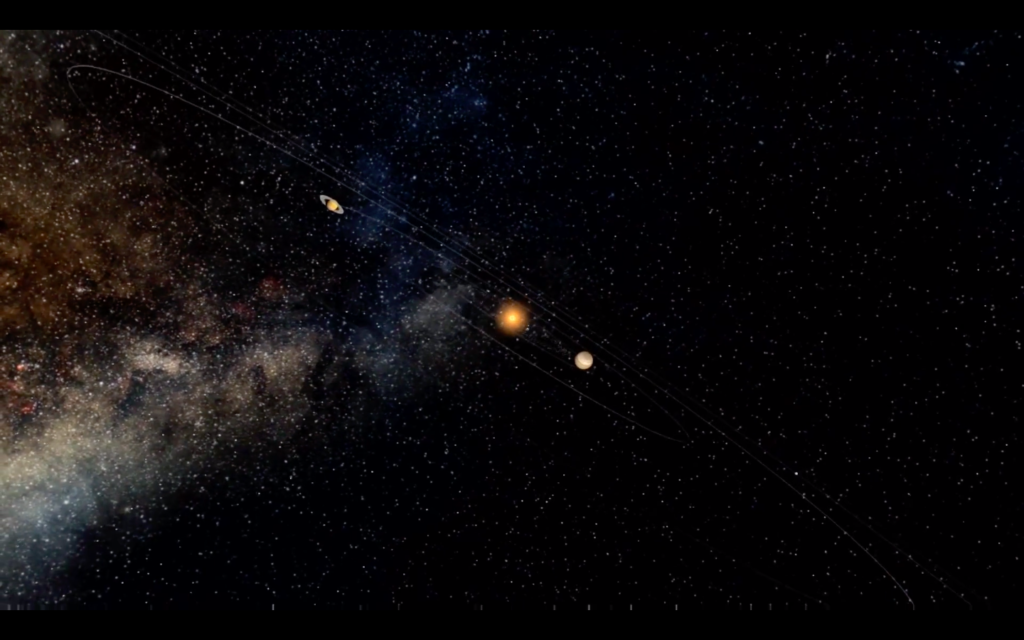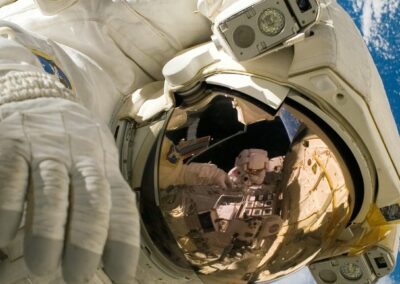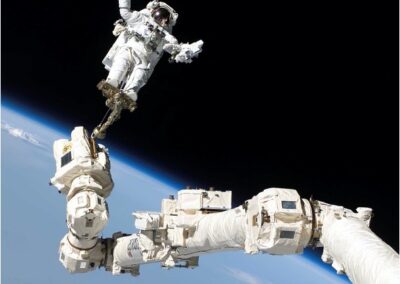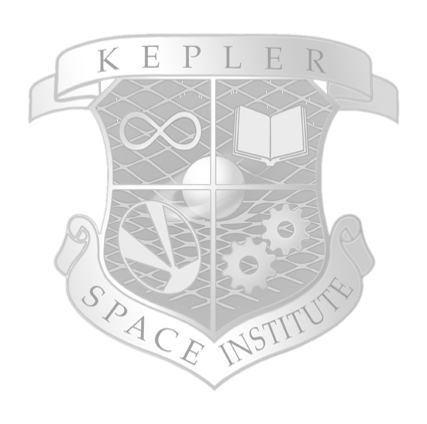Financial Support
Transfer Application
Please fill out this application if you are interested in applying as a transfer student to KeplerU. We look forward to connecting with you!
Schedule a Meeting
Degrees and Programs
We offer space programs, including graduate certificates & masters degrees, 100% online career-oriented programs for you to choose from.
Financial Support
Applicants to KeplerU have access to a variety of funding options, including merit-based (i.e. based on your academic performance) and need-based (i.e. based on your financial situation) opportunities.
SCHOLARSHIPS & AWARDS (MERIT-BASED FUNDING)
All applicants are encouraged to review the awards listing to identify potential opportunities to fund their graduate education. The database lists merit-based scholarships and awards and allows for filtering by various criteria, such as domestic vs. international or degree level.
TEACHING ASSISTANTSHIPS
Graduate programs may have Teaching Assistantships available for registered full-time graduate students. Full teaching assistantships involve 12 hours work per week in preparation, lecturing, or laboratory instruction although many graduate programs offer partial TA appointments at less than 12 hours per week.
RESEARCH ASSISTANTSHIPS
Professors may be able to provide Research Assistantships from their research grants to support full-time graduate students studying under their direction. The duties usually constitute part of the student’s graduate degree requirements. The stipend amounts vary widely, and are dependent on the field of study and the type of research grant from which the assistantship is being funded. Some research projects also require targeted research assistance and thus hire graduate students on an hourly basis.
FINANCIAL SUPPORT (NEED-BASED FUNDING)
US and Canada applicants may qualify for governmental loans to finance their studies. Please review eligibility and types of loans.
All students may be able to access private sector or bank loans.
FOREIGN GOVERNMENT SCHOLARSHIPS
Many foreign governments provide support to their citizens in pursuing education abroad. International applicants should check the various governmental resources in their home country, such as the Department of Education, for available scholarships.
WORKING WHILE STUDYING
The possibility to pursue work to supplement income may depend on the demands the program has on students. It should be carefully weighed if work leads to prolonged program durations or whether work placements can be meaningfully embedded into a program.
A good starting point to explore student jobs is the Kepler Space Industries program or a Co-Op placement.
